How to Make a DIY Cold Pack With a Sponge: A Simple & Effective Idea

Have you ever needed a cold pack in a pinch? Maybe after a tough workout, a bump or bruise, or even, to throw into a lunch bag? Well, I’ve got the perfect, easy-peasy project for you!
Today, we’re making our very own DIY cold pack using just a few simple household items. This project is not only super practical but also incredibly fun to make.
So, let’s dive right in!
Tools and Materials:
- A clean sponge
- (Optional) Cotton balls
- Water
- Rubbing alcohol
- A ziplock bag
Hometalk may receive a small affiliate commission from purchases made via Amazon links in this article but at no cost to you.
Hometalk Recommends!
Want to save? Get your 30-day free trial of Amazon Prime today before Prime big deal days on October 8-9th!
Optional: Cotton Ball Ice Packs
Use the same method to make mini travel-sized ice packs using cotton balls. See more details below!
1. Prepare the Sponge
Start by soaking the sponge in water until it’s fully saturated. You want it nice and wet, but not dripping all over the place. Give it a gentle squeeze to remove any excess water.
Tip: Use a new, clean sponge to ensure your cold pack stays hygienic.
2. Add the Rubbing Alcohol
Next, pour a small amount of rubbing alcohol over the sponge. The alcohol will prevent the sponge from freezing completely solid, giving you a flexible, slushy cold pack.
I usually go for a 2:1 ratio of water to alcohol, but you can adjust based on your preference.
Safety Note: Handle rubbing alcohol with care and keep it away from children.
3. Seal the Sponge in a Ziplock Bag
Place the soaked sponge into a ziplock bag. Seal the bag tightly, making sure there’s no air trapped inside.
4. Freeze It
Pop the sealed bag into the freezer. Give it a few hours to freeze completely.
The alcohol will keep the sponge from becoming rock-hard, making it perfect for molding around any achy spots.
5. Use and Reuse
Once your cold pack is frozen, it’s ready to use! Apply it to any sore areas for instant relief.
Or stick it in a lunch bag to keep your food nice and cold.
When you’re done, just pop it back into the freezer for future use.
Expand your DIY cold pack collection
Optional: Cotton Ball Ice Packs
Make smaller travel ice packs using this same trick but swapping out the sponge for cotton balls
Because cotton balls are also super absorbent, they make for a great tool to hold rubbing alcohol.
Grab a few clean cotton balls and stuff them into a small Ziploc sandwich bag.
Pour in some rubbing alcohol (you can use less than I used in the picture above -- I got a little bit pour-happy) and make sure they're good and soaked.
Pop those in the freezer and pull them out when needed. You can do a few together like this or one ball per bag for even smaller to-go ice packs.
These are perfect for small blemishes or irritations like pimples or bug bites.
Make a DIY Cold Pack for Aching Muscles & Cooler Bags
I hope you enjoyed making this DIY cold pack as much as I did! It’s amazing how such a simple project can provide so much relief and utility.
Next time you need to soothe aching muscles or keep your cooler bag chilled, you’ll be glad you have this handy cold pack ready to go.
Be sure to share your results and any tips you have in the comments.
Enjoyed the project?
Comments
Join the conversation
-
 Wrt140995297
on Dec 28, 2024
Wrt140995297
on Dec 28, 2024
A cheap bag of frozen peas does the same thing. They will thaw a little and stick together when you refreeze. Just drop the bag on the counter to loosen them up the next time you use them.
-
-
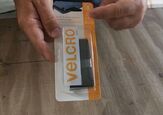
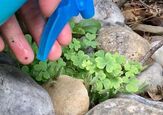













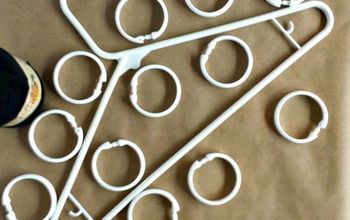
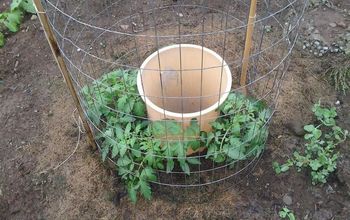



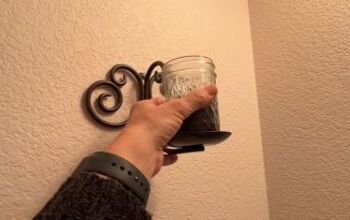
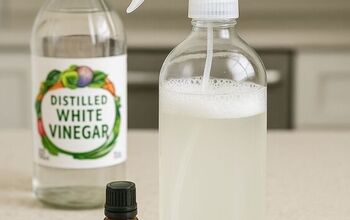
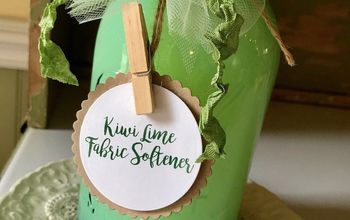
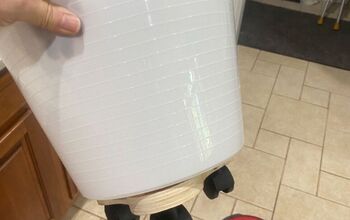
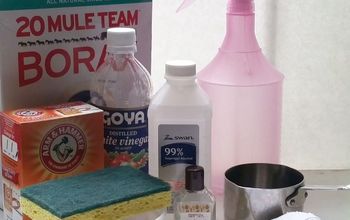
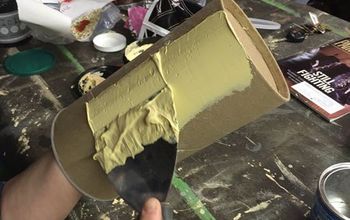

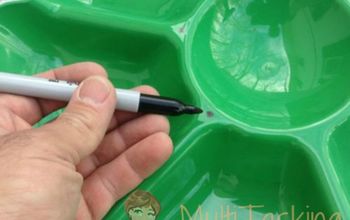

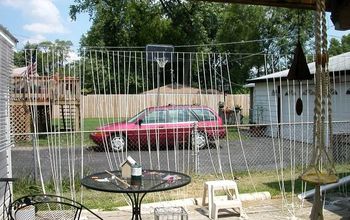

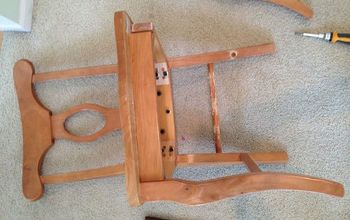
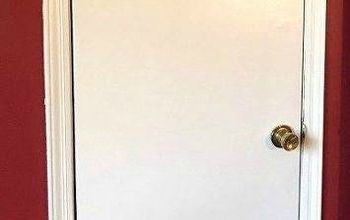
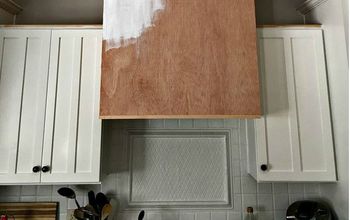
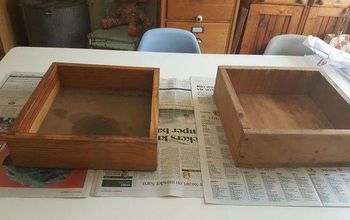

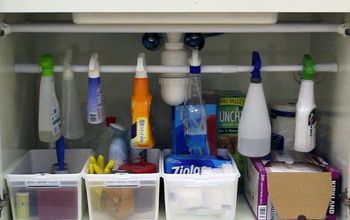

Frequently asked questions
Have a question about this project?
How long do these ice packs stay frozen?
2 parts of water to 1 part alcohol or the other way around?
How long will the packs remain frozen if used in a cooler?